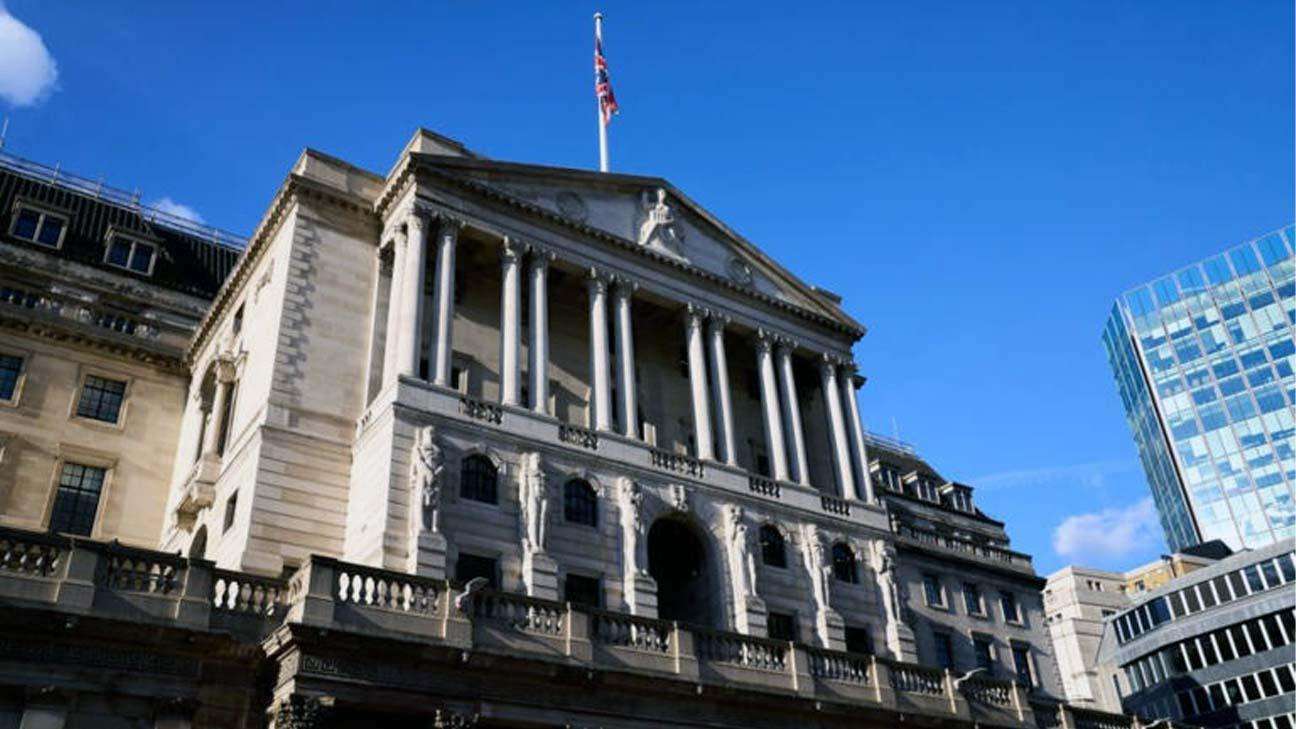The future of the UK economy hangs in the balance as the latest official data reveals inflation remained stubbornly high at 3.8% in the year to August. This unchanged reading, released by the Office for National Statistics (ONS), sets a tense stage for the Bank of England's crucial interest rate vote on Thursday.
The August figure, which mirrors the inflation rate from July, provides little comfort to policymakers grappling with persistent price pressures. While the headline rate held firm, a closer look at the data reveals a mixed bag of challenges. Services inflation, a key indicator of underlying domestic price pressures, eased slightly to 4.7% from 5.0% the previous month. However, core food price inflation saw its fifth consecutive rise, hitting 5.1% over the 12-month period, which is a major concern for households facing a continued squeeze on their budgets.
This persistent inflationary environment poses a significant challenge for the Bank of England’s Monetary Policy Committee (MPC). The Bank's own August Monetary Policy Report predicted that inflation would likely climb to around 4% in September before beginning a slow descent, not returning to its 2% target until 2027. This long horizon for disinflation has led some analysts, like Zara Nokes from JP Morgan Asset Management, to describe the UK's price growth as "increasingly ugly," urging the Bank of England to remain steadfast in its efforts to "stamp out inflation."
With the UK's current Bank Rate at 4%, following a narrow 5-4 vote to cut it in August, the market is widely expecting the MPC to hold rates at its upcoming meeting. This expectation is reinforced by the latest City AM's Shadow Monetary Policy Committee vote, which saw an 8-1 majority in favour of a "pause." The sole dissenter, Vicky Pryce of the British Chambers of Commerce, voted for a 25-basis-point cut, citing stagnation in the broader UK economy.
Beyond monetary policy, the government is also under pressure to act. Chancellor Rachel Reeves is reportedly exploring plans to ease the cost of living by potentially exempting household energy bills from VAT. In response to the latest inflation data, Reeves acknowledged the struggles of British families, stating, "I know families are finding it tough and that for many the economy feels stuck." She reiterated her determination to lower costs and build a stronger, more stable economy.
However, Shadow Chancellor Mel Stride laid the blame for the sustained high inflation squarely on the government, pointing to recent fiscal policies and increased borrowing. Stride warned that "working people and businesses are bracing for even more tax rises to pay for Labour’s mismanagement." He contrasted the government's approach with what he claimed was a plan for change, highlighting measures like raising the National Living Wage, extending the £3 bus fare cap, and expanding free school meals as ways to put more money into people's pockets.
As policymakers weigh their next moves, a key area of focus is the UK jobs market, which has shown signs of loosening. Economists believe this could help to temper wage growth and, in turn, weigh down on future price increases. While a majority of the MPC is expected to vote for a hold, the minutes of the meeting will be closely scrutinized for any shifts in language, particularly from the more "dovish" members like Alan Taylor and Swati Dhingra, which could signal a future path for interest rates. The delicate balance between tackling persistent inflation and supporting a fragile economy will define the UK's economic narrative for the foreseeable future.








.svg)



